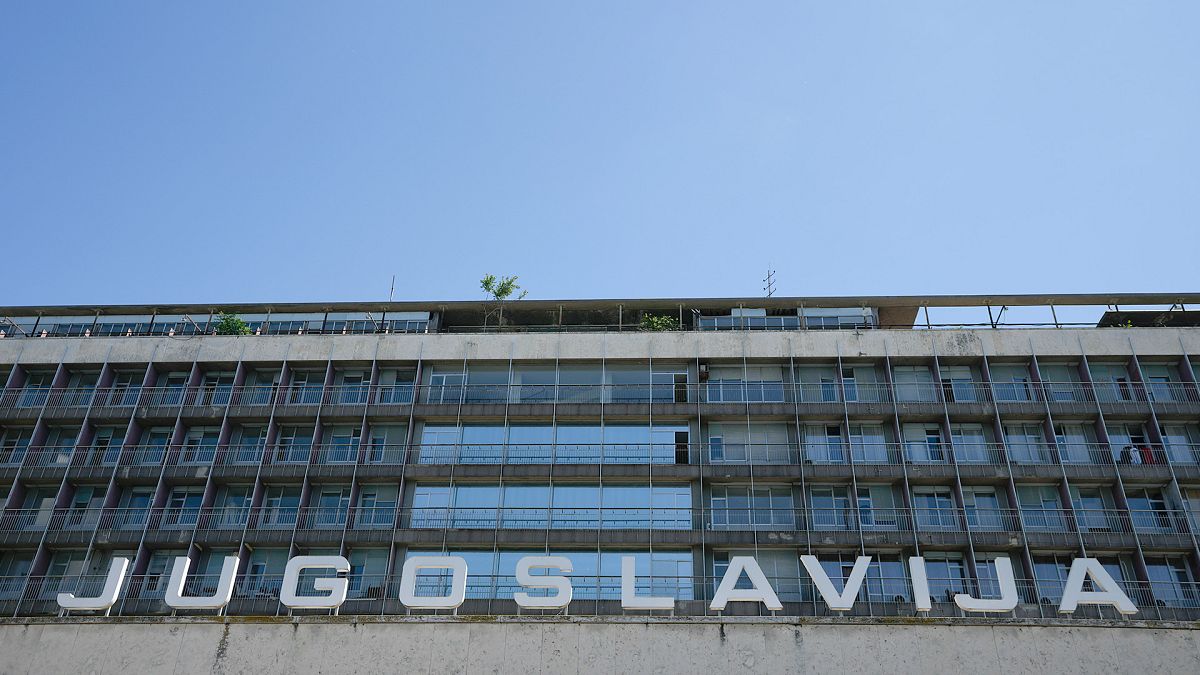Marta Kos’ nomination to the European Commission brought her past with the Yugoslav secret service to the forefront, sparking controversy and raising questions about her role in the socialist republic’s spy agency. Critics have pointed out UDBA’s extreme actions, including extrajudicial murders, as indicative of Yugoslavia’s oppressive nature. However, historians argue that UDBA was not as brutal as other security agencies of the time. The agency played a role in maintaining Yugoslavia’s independence and security in the midst of Cold War tensions.
Yugoslav secret service, UDBA, was known for its covert actions against those perceived as a threat to the socialist regime. Under the leadership of Aleksandar Ranković, UDBA dealt with nationalist movements and external threats. The agency underwent reforms in the 1960s, becoming decentralized and more focused on internal security. This shift coincided with Yugoslavia’s adoption of a more liberal form of communism, dubbed “Coca-Cola communism,” which embraced Western influences. UDBA collaborated with various international agencies and played a role in targeting political enemies in exile.
The nature of UDBA’s operations made it difficult to distinguish between actual agents and ordinary citizens who were monitored or interviewed on various issues. Informants were classified as anyone of interest who provided information to the agency, leading to misconceptions about individuals’ involvement with the secret service. Marta Kos, being in her mid-20s at the time of Yugoslavia’s dissolution, has been caught in a political crossfire, with accusations of her past association with UDBA being used to discredit her and her party.
The concept of lustration, the removal of public officials associated with a tainted regime, is challenging in the case of the former Yugoslavia. Many individuals who worked for the secret service or security apparatus later played active roles in defending their countries during periods of conflict, blurring the lines between past affiliations and current loyalties. The political use of accusations related to past secret service involvement reflects internal power struggles and attempts to discredit opponents rather than genuine concerns about European security.
While debates surround Marta Kos’ alleged ties to the Yugoslav secret service, it is essential to consider the context of UDBA’s operations within the broader geopolitical landscape of the time. Yugoslavia’s unique position as an independent socialist state during the Cold War influenced the agency’s focus on external threats and collaborations with international actors. The agency’s legacy continues to raise questions about past actions and the challenges of accurately assessing individuals’ roles within the complex network of a former secret service. Ultimately, understanding the nuances of Marta Kos’ background requires an appreciation of the historical context in which she operated and the political motives behind the current scrutiny of her past connections.










